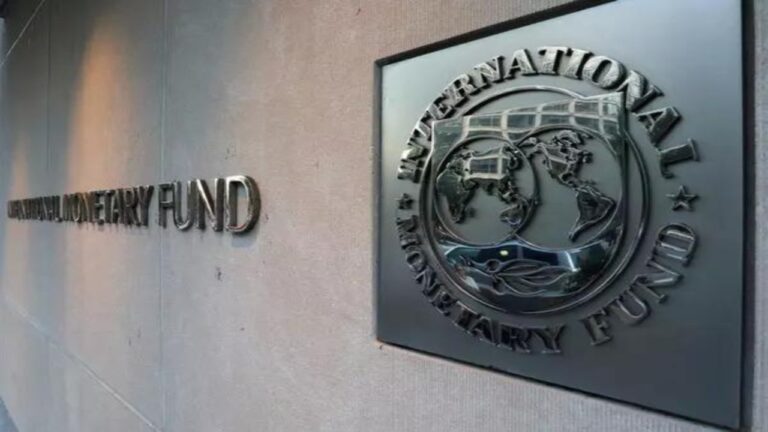ISLAMABAD: An International Monetary Fund (IMF) mission returned to Washington on Friday without signing a working-level agreement on a new bailout program with Pakistan but said it would consider signing the deal after assessing Pakistan’s implementation of strict conditionalities.
Pakistan Prime Minister Shehbaz Sharif and his team assured the IMF mission that they would implement all the conditions and expected to sign a staff-level agreement during the mission’s visit, but the IMF mission has said it will decide whether to grant Pakistan a bailout after parliament approves the country’s budget.
According to media reports, the objective of the IMF visit was to assess Pakistan’s budgetary preparations and ascertain whether the economic framework for the next fiscal year was in line with the overall objective of ensuring fiscal and external sector sustainability.
“The IMF has imposed very strict conditions on Pakistan’s energy, financial and tax policies, and experts say implementing all the IMF conditions would come at a huge cost to the Pakistani people, some of which could have an impact on bilateral relations,” the government said.
“Based on the mission’s preliminary findings, staff will prepare a report which, subject to management’s approval, will be submitted to the IMF Executive Board for discussion and decision,” IMF mission head Nathan Porter said before departing from Islamabad.
Porter said Pakistan needs to continue making progress towards low inflation and stability through appropriate monetary and exchange rate policies, improve public service delivery through the restructuring and privatization of state-owned enterprises (SOEs), and foster private sector development by ensuring a level playing field for investment and stronger governance.
An IMF mission arrived quietly in Pakistan on May 10 and met with Pakistani officials and other key players, including US Ambassador to Pakistan Donald Blom.
Pakistan’s current government is struggling to maintain economic stability amid rising political tensions, and Islamabad wanted to complete the extended funding programme as soon as possible.
Pakistan Prime Minister Shehbaz Sharif and his team assured the IMF mission that they would implement all the conditions and expected to sign a staff-level agreement during the mission’s visit, but the IMF mission has said it will decide whether to grant Pakistan a bailout after parliament approves the country’s budget.
According to media reports, the objective of the IMF visit was to assess Pakistan’s budgetary preparations and ascertain whether the economic framework for the next fiscal year was in line with the overall objective of ensuring fiscal and external sector sustainability.
“The IMF has imposed very strict conditions on Pakistan’s energy, financial and tax policies, and experts say implementing all the IMF conditions would come at a huge cost to the Pakistani people, some of which could have an impact on bilateral relations,” the government said.
“Based on the mission’s preliminary findings, staff will prepare a report which, subject to management’s approval, will be submitted to the IMF Executive Board for discussion and decision,” IMF mission head Nathan Porter said before departing from Islamabad.
Porter said Pakistan needs to continue making progress towards low inflation and stability through appropriate monetary and exchange rate policies, improve public service delivery through the restructuring and privatization of state-owned enterprises (SOEs), and foster private sector development by ensuring a level playing field for investment and stronger governance.
An IMF mission arrived quietly in Pakistan on May 10 and met with Pakistani officials and other key players, including US Ambassador to Pakistan Donald Blom.
Pakistan’s current government is struggling to maintain economic stability amid rising political tensions, and Islamabad wanted to complete the extended funding programme as soon as possible.

